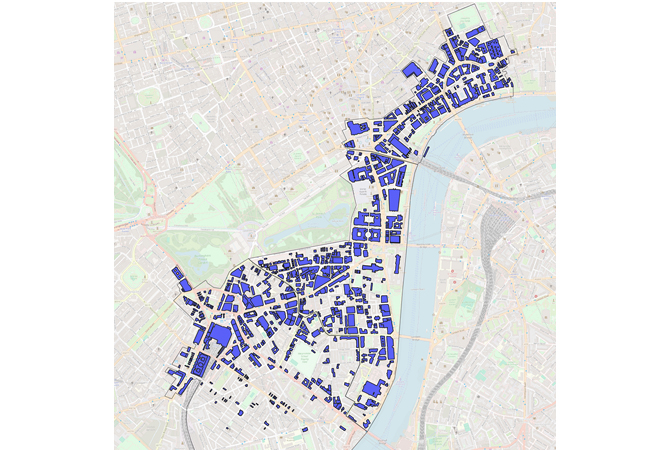
Air source heat pumps (ASHPs) are three times more efficient than gas boilers and are effective even on very cold days, according to new data.
As part of the government-funded Electrification of Heat Demonstration Project, Energy Systems Catapult (ESC) monitored 742 heat pumps, installed in a broad spectrum of housing types and ages, between November 2020 and August 2022.
Results show that the ASHPs’ real-world performance has increased significantly compared with past trials. The Seasonal Performance Factor, which indicates in-situ efficiency of a heat pump system over the course of 12 months, was 2.80, an increase of 0.3-0.4 since trials undertaken between 2011 and 2014.
According to ESC’s analysis, innovation in heat pump systems is probably a leading factor in this improved performance.
The demonstration project also found only a ‘marginal’ decline in ASHP performance on some of the UK’s coldest days, when mean daily temperatures fell to as low as -6°C. Median system efficiency in these conditions was 2.44, indicating that the devices continued to operate at high efficiency and provide the requisite heat in a wide range of property types.
The government has been urged to clamp down on the ‘swarm’ of non-compliant central heating pumps being imported into the UK, which could leave consumers out of pocket.
Heat pump manufacturers are concerned that 100,000 such pumps are being sold in the UK every year. Steve Schofield, chief executive of the British Pump Manufacturers Association, said: ‘It is a swarm; it is blatant and it is now over-the-counter. Once fitted, they are costing consumers hundreds of pounds every year on their heating bills, and it is seriously impacting the UK’s ability to meet its net zero obligations.’
The imported pumps use old-style AC motors, which are less than half the price of those with microchips. However, they use around three times as much electricity. Wholesalers have been encouraged to source
non-compliant products by restrictions in the supply of microchips, said Schofield, who added: ‘We have been very lax in the UK in terms of policing the market.’




